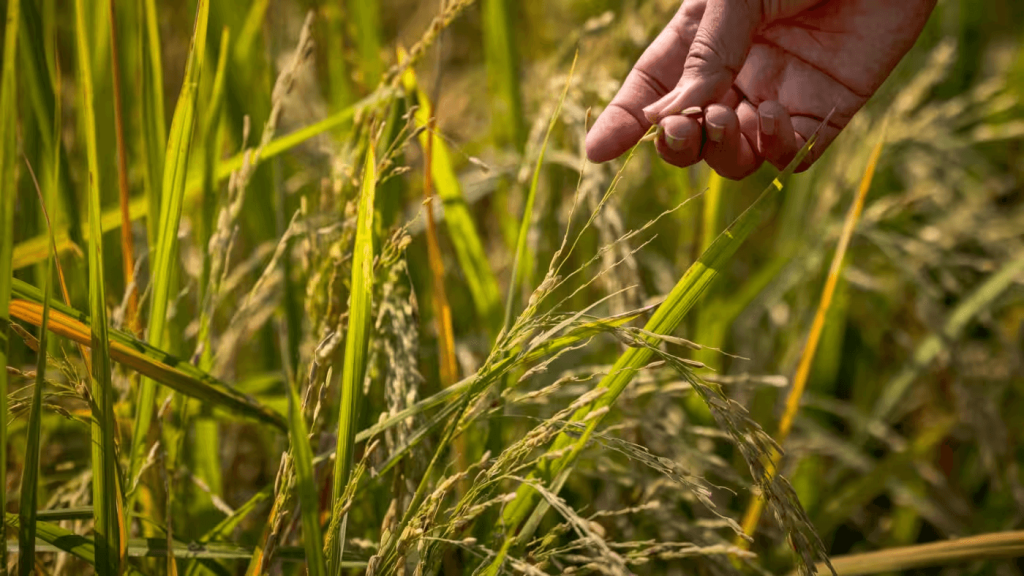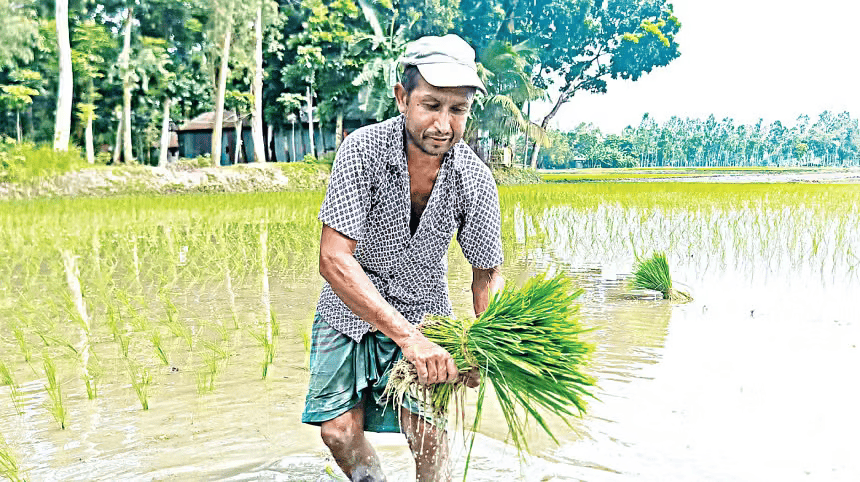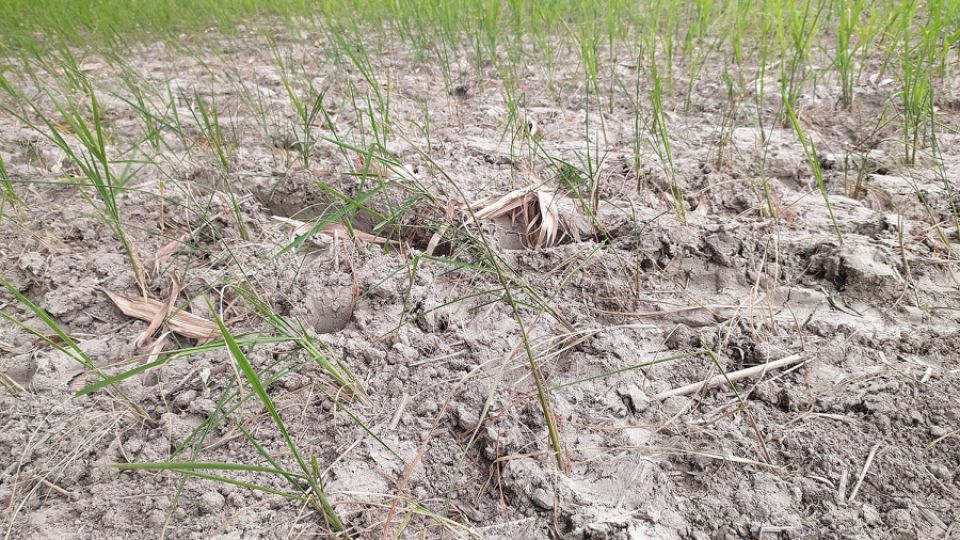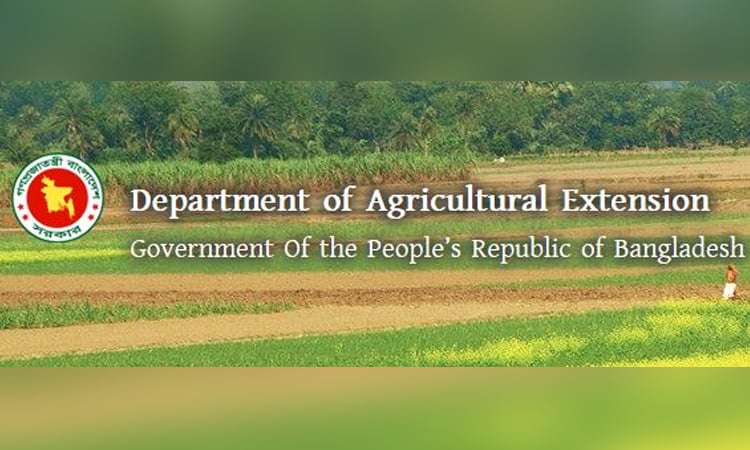Tags
Philippine rice tariff cut will benefit Vietnam, not farmers, experts say
World’s top rice importer moves to contain inflation with ‘double-edged sword’

A panel led by Philippine President Ferdinand Marcos Jr. on June 4 announced a plan to slash the tariff on imported rice. (Photo by Ezra Acayan/Getty Images)
RAMON ROYANDOYAN, Nikkei staff writer
MANILA — The Philippines, the world’s top rice importer, is moving to cut tariffs on the staple food from 35% to 15% through 2028 to ease the country’s inflation woes. But analysts worry the move could benefit foreign producers such as Vietnam and leave Filipino farmers struggling to compete.
The decision was announced Tuesday, following a meeting of an inter-agency panel headed by President Ferdinand Marcos Jr. The move will lower prices for rice to “make it more affordable,” Arsenio Balisacan, head of the National Economic and Development Authority, said in a statement.
Rice makes up 9% of the Philippine consumer price index, but the statement said the staple accounted for more than half the headline inflation rate over the past three months. Prices rose for the third straight month in April, climbing 3.8% on the year.
“Reducing rice tariffs is expected to bring down rice prices for consumers, while supporting domestic production through tariff cover and increased budgetary support to improve agricultural productivity, especially as global rice prices remain elevated,” said Balisacan.
Balisacan said the Marcos administration is attempting to hold down prices for poor Filipinos by cutting the duty on imported rice to as low as 29 pesos ($0.49) per kilogram within the year.

When Marcos was in charge of the agriculture department in August last year, he imposed a price cap on rice to stifle inflation, a move economists said was ineffective. He lifted the price cap a month later.
According to Balisacan, the president will issue an executive order cutting the tariff. At the same meeting, the Philippines announced that tariffs on corn, pork and mechanically deboned meat will remain unchanged through 2028.
Miguel Chanco, chief emerging Asia economist at U.K.-based Pantheon Macroeconomics, noted that the move will make imported rice cheaper than domestic products, “which in turn will undoubtedly have a negative impact on farmers’ incomes,” he said. “The flip side, on a macro basis, is that this should help significantly — once implemented — in pulling headline inflation down, assisting the purchasing power of all Filipinos,” Chanco told Nikkei Asia.
He said that the change would be a “huge benefit” to rice exporters in Asia, such as Vietnam and Thailand, but that India will continue to miss the boat due to the country’s export curbs.

Robert Dan Roces, chief economist at Security Bank in Manila, called the lower duties a “double-edged sword,” since consumers will benefit while leaving farmers facing stiff competition from cheaper imports. “This might push some to diversify crops, potentially disrupting established practices. Government support programs, such as subsidies and improved farm efficiency, are crucial to cushion the blow for farmers,” he told Nikkei Asia.
Roces, however, cautioned that such a move could leave rice exporters rethinking their fortunes in the Philippines. “Rice exporters like Vietnam may see lower sales to the Philippines, but this could also nudge them to explore new markets, or … producers like Vietnam might offer higher-value types of rice [to Philippine importers],” he added.
Additional reporting by Ella Hermonio.
https://asia.nikkei.com/Business/Agriculture/Philippine-rice-tariff-cut-will-benefit-Vietnam-not-farmers-experts-sayPublished Date: June 5, 2024






